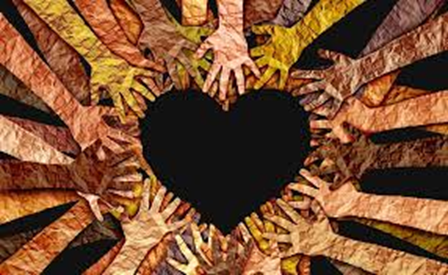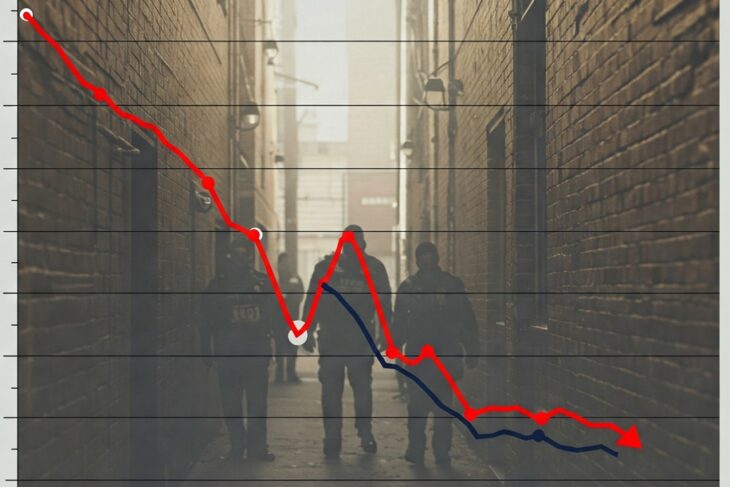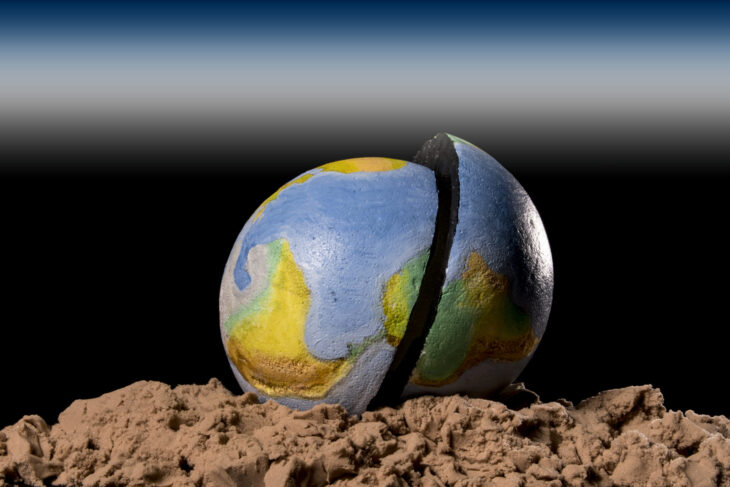
 I am writing this on Sunday, September 24 in the cool and green mountains of St. Andrew, and I can hear the warm-up sounds from the church across on the hillside that waft across the valley. I can hear the river running, and all seems like a wonderful Sunday as usual… for us! But it is not for so many of our friends.
I am writing this on Sunday, September 24 in the cool and green mountains of St. Andrew, and I can hear the warm-up sounds from the church across on the hillside that waft across the valley. I can hear the river running, and all seems like a wonderful Sunday as usual… for us! But it is not for so many of our friends.
In Dominica and Puerto Rico there will be few, if any, crowded places of worship; there will be no chicken; no roast beef; no rice and peas; no roti; no curry; perhaps nothing at all; not even fresh potable water. As night falls they will be without power; no battery lights; no dry blankets; and for those persons alone perhaps no hope.
In Dominica (a more mountainous island than ours) the roads are impassable; communications are down; mountain climbers are of no use; rivers are overflowing but hopefully draining to the sea.
In Puerto Rico, flood waters of up to 10 feet are slowly receding, leaving a mixture of garbage, oil and gasoline, and sewage in the streets and homes (where intact). Adults and children are wading through the carnage and hoping for some rescue. They have no real hope of electricity for weeks or months and as a place where many Americans retired to play some golf in their later years, their dream is shattered, but that is meaningless in the overall scope of the tragedy.
In both island nations, hospitals are either down or inoperable due to power outages. In an age of modern medicine this means few if any surgeries (including Caesarian sections), most emergency procedures, inability to maintain hospital quality infection control, hemodialysis; ventilation; and equipment sterilization.
Doctors, nurses, other health professionals in radiology; X-ray, CT Scan, Ultra Sound, PET Scans; are similarly devastated as other members of the society. They too are refugees. Care for the disabled and the elderly, children in protective care, prisoners, and the genuinely indigent, is in serious danger.
The same holds true for many other islands that may be in a dimmer spotlight. Down the road there will be water-borne diseases, medication shortages due to distribution failures, education interruptions, physical and mental trauma, and depression. Relief efforts will be needed for months to come, and re-settlement for some may never be in the places that they left behind. For many, their island dreams may be only a memory, and they will have to dream of a different future in a different place. However, human beings are adaptable, but not without some social turmoil in new environments.
The current retrospectives about choices and their relative usefulness must be on the minds of the victims. How many flat or curved screen televisions equal an extra water tank? Hummer minus Toyota = diesel generator? Was the solar investment greater than the totally dark night? Was forgoing the back-up gas or kerosene stove more important than the tickets to the football game and concert? Will we ever learn that natural disasters are no respecters of social class and that “we are all in this thing together”?
Baroness Scotland the Secretary General of the Commonwealth (born in Dominica) made a comment on the Dominica situation that may have sounded somewhat biased or condescending at first listen. She went on to mention other Commonwealth nations suffering their own regional disasters. What she failed to indicate is that as opposed to large continental mainland states, Small Island Developing States in hurricane, volcanic, and earthquake zones have a different dilemma: we have nowhere to run! She should be aware of that at least.
In mountainous regions (including islands) relief work only takes place during daylight hours with the possible exception of engineering repairs to damaged infrastructure such as roads and bridges with the use of construction lighting run by mobile generators.
Rescuers and other relief workers’ efforts are mainly daylight activities as air support (helicopters) are constrained at night to only higher altitude detection or surveillance for fear of wires and other obstructions.
Nehemiah 4: 6: “So we rebuilt the wall till all of it reached half its height, for the people worked with all their heart.”
It is good to hear the prime ministers of Jamaica, and Trinidad and Tobago, extending their hands and hearts to those affected by these disasters, even as they face other challenges in their respective countries. They have ignored the hardened hearts of those who would prefer to do other things than give relief and places to live, and they are to be commended.
Matthew 25:40: “The King will reply, truly I tell you, whatever you did for one of the least of these brothers and sisters of mine, you did for me.”
In Jamaica, a predominantly Christian country, the meaning of the words should be obvious and our duty should be in two main areas: dealing with the crisis; and planning to avoid its effect in the future. The latter is challenging as it would appear that without a miracle, rebuilding will be incomplete, even as the hurricane season 2018 approaches next June.
In Greek mythology Cassandra was given the ability to foresee the future, but due to a punishment prompted by jealousy, the people around her failed to believe. It is a most painful affliction. However we can only hope that at some time soon, the pleasures and perils of island living will be understood by someone with the power to put forward thinking in its proper place. Alex Lewis Authentic Jersey



